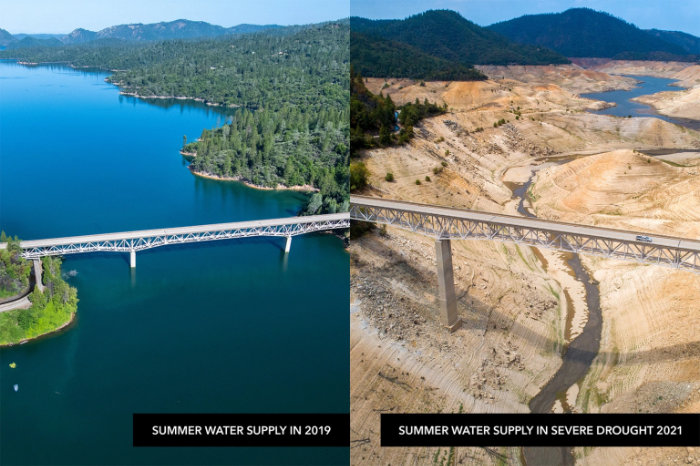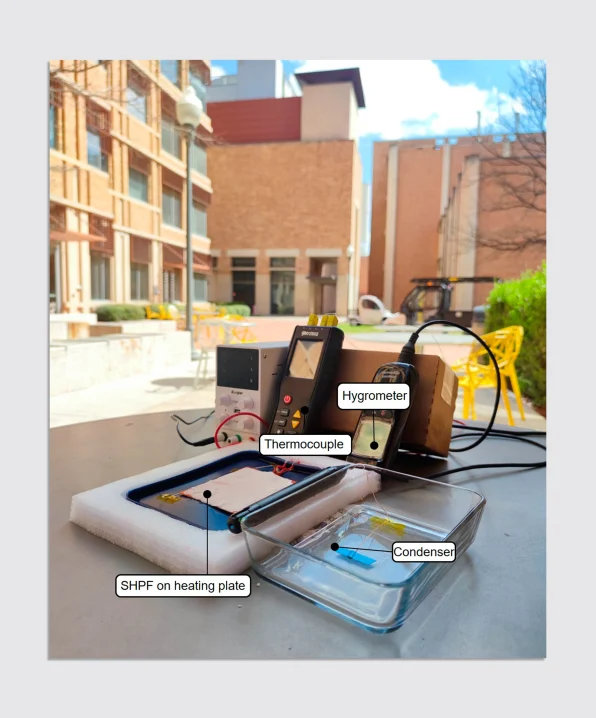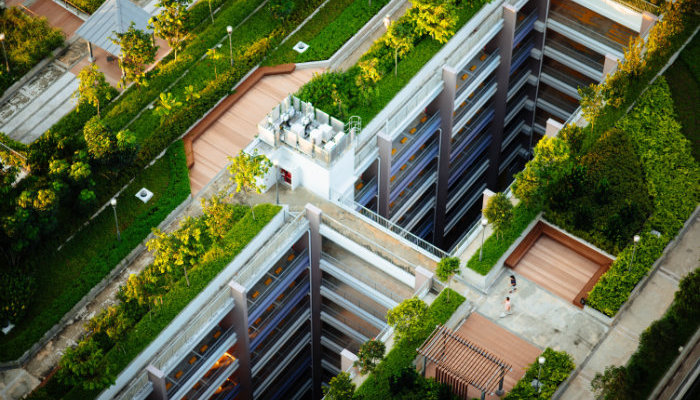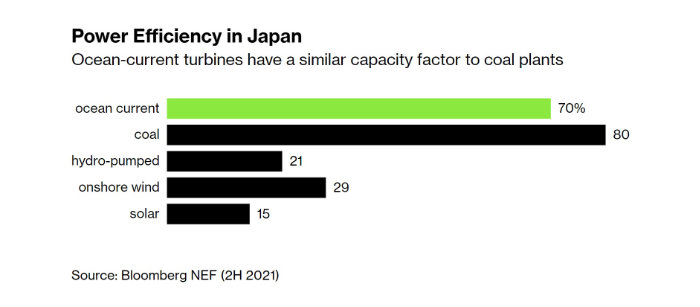In short:
- June is officially the start of the North Atlantic and Central Pacific hurricane season
- A hepatitis A outbreak is linked to fresh organic strawberries from FreshKampo or HEB
- Southern California started rationing water
- Climate change is making fresh water saltier
Atlantic hurricane season
Hurricanes have a few days warning before making landfall, making it easier to anticipate and prepare for them. Here is our guide on how to prepare for, and survive hurricanes. Or, if you prefer to break down the prepping process, or just review your preps, you can follow our weekly prepping tips from this year’s Hurricane Preparedness Week.
Here’s the latest on hurricanes, as well as some past useful coverage:
- Hurricane Agatha left 11 dead. Agatha was the strongest East Pacific storm to make landfall in Mexico this early in the season since records began in ’49.
- Latest NOAA report: NOAA predicts an above-normal 2022 Atlantic Hurricane Season—which would make it the seventh consecutive above-average hurricane season.
- Bad news for the 2022 hurricane season. The Loop Current, a fueler of monster storms, is looking a lot like it did in 2005, the year of Katrina.
- Hurricane zones are predicted to expand, raising threats to major cities.
- Deaths from storm surges have dropped, but flooding is now the deadliest hazard.
- FEMA will help homeowners elevate or retrofit their homes, relocate, or allow local and state governments to buy a home and demolish it.
- High gas prices could impact residents’ decision to evacuate during a hurricane, an AAA survey says.
- Florida Division of Emergency Management advises keeping gas tanks half full. Florida is offering a prepping sales tax holiday until June 10, and a grant program to provide homeowners up to $10,000 for strengthening their property against hurricanes.
- Why tropical cyclones favor Florida’s Gulf Coast in June.
Hepatitis A outbreak
FDA is investigating an outbreak of Hepatitis A linked to fresh organic strawberries sold in the US and Canada:
- The outbreak seems to be linked to FreshKampo or HEB fresh organic strawberries purchased between March 5 and April 25. Although the strawberries wouldn’t be fresh anymore, they could have been frozen.
- If someone ate those strawberries in the past two weeks and has not been vaccinated against hepatitis A, they should consult a healthcare professional immediately to determine if they need post-exposure prophylaxis (PEP).
- Vaccination can prevent a hepatitis A infection if given within 14 days of exposure.
- Those with evidence of previous hepatitis A vaccination or previous hepatitis A infection do not require PEP.
- No deaths have been reported.
Economy, food security, and supply chain
JPMorgan Chase CEO Jamie Dimon said that investors should brace for an economic ‘hurricane’: ‘We don’t know [yet] if it’s a minor one or Superstorm Sandy.” But he admits there are “bright clouds” in the economy: the strength of the consumer, rising wages, and plentiful jobs.
Gas prices are hitting record highs—but it seems that the US government doesn’t have many tools left in its arsenal:
1/ Gas prices are hitting record highs — but dont expect Biden to be able to lower them (or any President, for that matter). Here's why:
Hot off the press for @BusinessInsider: https://t.co/mmZZxhD90l
— Phil Rosen (@philrosenn) May 28, 2022
Study shows people in US and UK will suffer big financial losses if fossil fuels lose value. Climate action could wipe out $756 billion from the retirement plans and other investments of individuals in wealthy nations.
Operation Fly Formula is now bringing baby formula from Australia. Bubs will send 27.6 million 8-oz bottles of a variety of infant formulas, from goat’s milk that’s easy to digest to organic cow’s milk and specialty formulas like Bubs Supreme A2 beta-casein protein. While some of this product is in stock and ready for delivery, other items will be produced in the coming weeks and months.
Following a historically slow start, corn and soybean planting progress has reached an average pace. USDA reports that US corn planting was 86% complete on May 29. This is in line with the five-year average of 87% planted by late May.
Australia is not doing bad, either:
https://twitter.com/PriapusIQ/status/1532273183398707201?s=20&t=pZQVWq6xeElOkCOgbUiJjQ
The US is boosting economic ties with Taiwan. As tensions grow with China, the Biden administration is forging closer ties with Taiwan in areas such as trade, supply chains, and technology-export controls. Taiwan supplies 92% of the world’s advanced semiconductors.
As disruptions in China continue, Apple will start making iPads in Vietnam.
Climate and environment
Southern California started rationing water. Each agency involved has a slightly different approach to achieving the required reduction, but the majority of restrictions are targeting outdoor watering since it accounts for half of all urban water use:
- LADWP will increase patrols to catch people who waste water.
- Watering isn’t allowed between 9 am and 4 pm regardless of the watering days.
- Violations will be punished with warnings, then fines, which will increase every time.
- Most agencies make exceptions for hand-watering and drip irrigation that supplies water to a food source.
- California officials last month urged residents to take shorter showers and avoid baths, which can use up to 2.5 times as much water.
Outdoor watering restrictions went into effect yesterday in many LA neighborhoods. As the drought worsens, we should all do our part to conserve water.
Check out this guide to see if you're affected and how you may need to decrease water usage.⬇️https://t.co/IYUmll9UG8
— Rep. Tony Cárdenas (@RepCardenas) June 2, 2022
100 people have been killed by flooding and landslides in Recife, northeast Brazil. The Intergovernmental Panel on Climate Change (IPCC) has labeled Recife as one of the most vulnerable metropolitan areas in the world. Less affluent urban areas with no capacity to adapt to climate change will face the most risks as the planet warms.
Here’s an explainer of why is it so cold in Australia right now, and how long will it last.
‘Apocalypse Papers’: Scientists call for a paradigm shift due to increasing biodiversity loss. A growing chorus of scientists worldwide is calling for a change in the way humans travel, produce energy, grow their food, and consume goods. Such a shift is not only necessary to tackle climate change but it’s also critical to mitigate the threat of mass extinction. “Apocalypse papers” refers to a folder at the Center for Biological Diversity that keeps growing with reports of biodiversity loss and such.
The 2022 Environmental Performance Index finds that the US, China, India, and Russia will fall far short of the net-zero greenhouse gas emissions target set by the 2021 Glasgow Climate Pact. These countries are actually expected to emit over 50% of global emissions by 2050. Denmark, the UK, and Finland are among the most sustainable nations, according to the Index.
And speaking of Europe, a new report from the European Environment Agency (EEA) shows that the EU overshoots its 2020 climate target with greenhouse gas emissions cut 34% below 1990 levels. The UK and Germany accounted for 47% of the total net reductions over the past 30 years.
Climate change is increasing salinity and altering the balance between saline and fresh water. Since the early 1990s, one-third of US rivers have become saltier. A federal government audit of Australia’s drylands predicts a threefold increase in soil salinity by 2050. Salty drinking water is already a major public health problem in many regions. And in a hotter, drier world, more crops will need more irrigation water, aggravating the buildup of salt. Researchers are working to develop salt-tolerant crops through genetic engineering or by searching among existing crop varieties.
Energy and clean tech
California’s hydropower could be cut in half this summer, a new report from the US Energy Information Administration shows. Natural gas will likely make up some of the shortfalls, but that will send more carbon dioxide and pollution into the air. Summer electricity prices are likely to go up too.

The US will lower the cost of building wind and solar energy projects on federal lands to help spur renewable energy development and combat climate change. Rents and fees will fall by about 50%. The move will also increase the number of people handling renewable energy reviews and permit applications.
Wind farms across the UK are producing more electricity than the grid is able to cope with. Britain has placed a big bet on renewable energy to curb carbon emissions, but this leaves it at the mercy of the weather, and without the ability to store electricity in batteries or turn it into green hydrogen it is harder for grids to cope.
Japan has successfully tested a giant deep ocean turbine that could generate up to 200 gigawatts of power–about 60% of Japan’s current generating power. One advantage of ocean currents is their stability. With little fluctuation in speed and direction, they have a capacity factor–a measure of how often the system generates energy—of 50-70%, compared with around 29% for onshore wind and 15% for solar.
A team at the University of Texas at Austin developed a low-cost way to harvest water from the air even in the desert using something like a gel film that releases water when heated. In areas with less than 15% relative humidity, the prototype can produce more than six liters (1.6 gal) of clean drinking water each day and 13 liters (3.4 gal) in areas with up to 30% relative humidity. The Advanced Research Projects Agency (DARPA) of the US Department of Defense is interested in using it to make water for soldiers in deserts.

Germany will offer regional rail, bus, and subway travel for just €9 per month in an effort to reduce fuel consumption and accelerate decarbonization.
Online privacy and cybersecurity
Costa Rican Social Security Fund (CCSS) was hit by ransomware on Tuesday. CCSS said at least 30 out of 1,500 government servers were affected, but payroll and pension databases were not impacted. The attack comes weeks after Costa Rican President Rodrigo Chaves declared a state of emergency in the country in response to cyberattacks.
Twitter was fined $150M in the US for selling users’ data. Twitter had vowed to not give personal information like phone numbers and email addresses to advertisers. But the Federal Trade Commission (FTC) and the Department of Justice say Twitter violated the agreement:
ICYMI: FTC charges @Twitter with deceptively using account security data to sell targeted ads. FTC and @DOJCivil order Twitter to pay $150 million penalty for violating 2011 FTC order and cease profiting from deceptively collected data: https://t.co/QRWi25K2vo
— FTC (@FTC) May 26, 2022
The rest
A new study shows pulse oximeters aren’t accurate for measuring oxygen levels in darker skin tones. The study also shows that undetected low oxygen levels delayed lifesaving treatment in Black and Hispanic patients.
Shanghai is lifting its two-month-long Covid lockdown. Residents will no longer need passes to leave their buildings for a few hours, and public transportation will resume.
Scientists discovered the world’s largest known plant, and it’s over 100 miles long.
European cities are turning rooftops into community and sustainability hubs.
From the past: The day a tsunami-like flood struck a landlocked mountain town.
Neighbor saves a four-year-old from drowning. See the rescue here.


You are reporting the comment """ by on